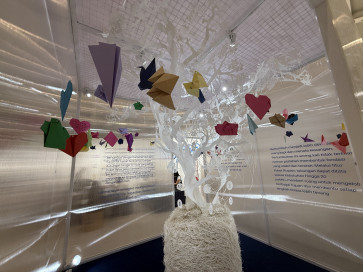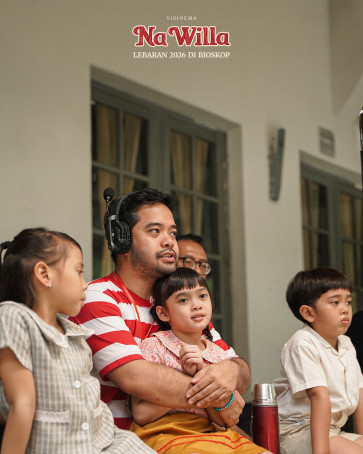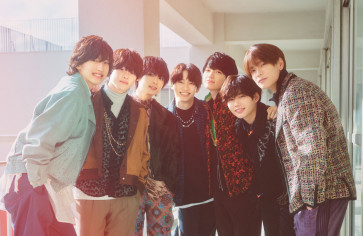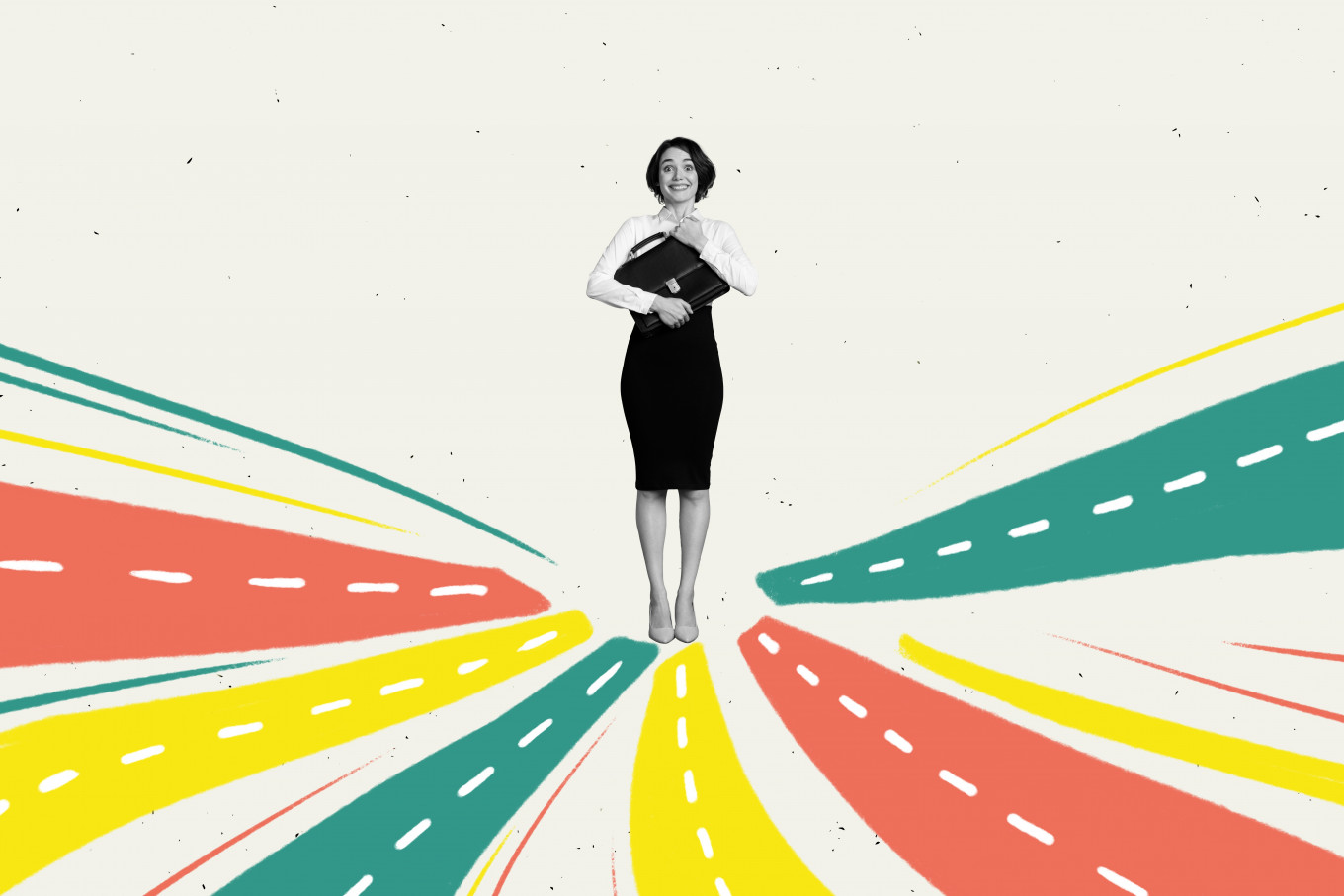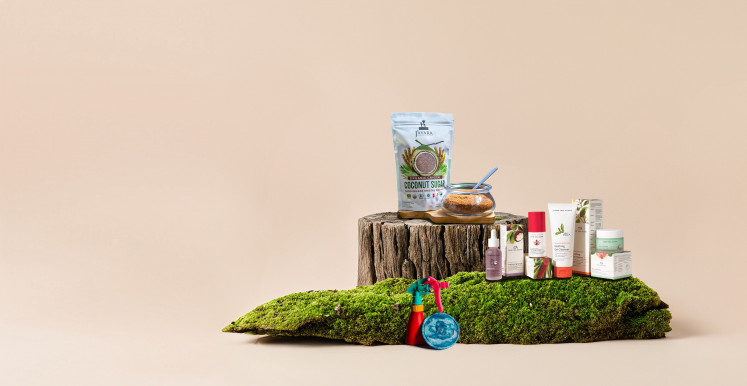Decades ago, workers often picked a job and stayed until retirement. Today, careers look very different.
People job-hop, juggle multiple roles at the same time or even switch careers entirely. With many roles now project-based or freelance, a lot of workers are becoming “lifestyle travelers” or “lifelong wanderers”. The employment landscape is changing rapidly in response to new opportunities and challenges.
Some may be drawn to new roles by attractive offers or a changing sense of purpose in life, but for many, career changes are involuntary, as workers find themselves made redundant or forced into early retirement. Technological advances, trade wars and economic change all require workers to adapt quickly just to survive.
In today’s fast-changing environment, sticking to a single, linear career path is a risk.
We need backup plans, and that means developing a broad range of skills. Although deep expertise is still valued, a wealth of seemingly unrelated skills may be more appealing to employers now than the powerful command of a single skill. Broadening your career scope often means broadening your opportunities.
But these changes can be difficult to navigate. Some struggle to turn a career break into meaningful change, and many simply don’t know how to manage being “in-between” careers, what anthropologists call a liminal state. Those who fail to adapt end up falling back on more traditional career paths.

Thank you!
For signing up to our newsletter.
Please check your email for your newsletter subscription.
The promise of a pause
In theory, a career break can be transformative. It provides space for personal growth, exploration and even a new direction.
But that in-between period can feel deeply uncomfortable. As psychologists put it, the feeling can be “neither one thing nor another; or maybe both; or neither here nor there; or maybe nowhere”.
That discomfort may be exactly what makes it stimulating. Psychological research shows that the stress of transitioning careers can fuel creativity, curiosity and self-reflection. Being in-between is so uncomfortable that it challenges us to rebuild our sense of identity, helping us toward self-actualization. After all, work occupies a third of our adult lives. In a world of nonlinear careers, we still need roles that we enjoy or value.
To get the most out of a career break, studies suggest creating conditions that require us to “be lost”. We can unlock our potential through exploration. Eventually, we can piece things together and find ourselves.
Step one: Let go of timelines
This is perhaps the most difficult step. Career breaks work best without rigid time frames; they should last for as long as we need to discover a new identity or purpose.
Researchers have followed managers who lost high-level jobs and struggled to move on. Some clung to their old professional identities, defining themselves by what they used to do. Others rushed back into roles just to escape the discomfort of uncertainty, taking jobs that didn’t really fit. In both cases, they missed the chance to genuinely reset.
That’s why having an open-ended timeline is important; what we want is a sense of “enjoyment and discovery”.
When we let ourselves be playful instead of chasing goals, we make room for different ways of thinking; not just rational decision-making but also intuition, emotions and even taking a leap of faith. These softer tools often unlock creative ideas we might not reach otherwise.
Of course, not everyone has the financial cushion to support the luxury of an extended play time. The thought of having no stable income for a while can be overwhelming. But this idea of “duration” isn’t really about how much time you can afford; it’s about the quality of that time.
Step two: Prioritize quality exploration
That leads us to the second step: making sure we use our career breaks, or even the lead-up to them, for meaningful exploration. One way to do that is to start early.
If you’re thinking about a change, it helps to ease into it. Try taking on a different role as a “test drive” while you’re still employed, just to see how it feels before fully committing.
Side gigs aren’t just for extra cash; they can also be ways to reconnect with what excites you. You might try a passion project just for the fun of it, or to see what kind of work really energizes you. How you spend that time is totally up to you. Freelancing, interning or volunteering can all offer a hands-on sense of a new path without needing to jump in all at once.
(Quick note: If you’re juggling side work while still in your current job, it’s a good idea to keep things transparent with your employer. It’s part of keeping things ethical and clear.)
There are also more structured ways to explore, like sabbaticals, retreats or short courses. These give you space to safely experiment, spark new ideas and even have honest conversations you might not get to in your regular workday.
Step three: Ask what you want
Once we begin exploring, it helps to ask key questions: Who am I? Who do I want to become? What am I truly looking for?
This is the third step: Asking ourselves what we want.
The clearer we are about these things, the easier it becomes to make choices that fit. If you’re looking for more money, it helps to know what kind of reward matters most to you. If it’s fun you’re after, you’ll need to figure out what “fun” actually looks like for you. And if you want to contribute to something bigger, like your community or the environment, you’ll need to think about how you want to make that impact and what kind of work allows that.
Answering these questions can help you put the pieces together and bring you closer to finding yourself again.
Navigating a career transition can be scary. But if we manage it with curiosity and intention, we can turn it into a powerful path to self-development. In today’s world, there are more chances than ever to do just that.
Mikha Ramadewi consults in HR, coaches professionals and teaches psychology. Off-hours, she’s writing a musical—led by curiosity and a little bit of passion.




